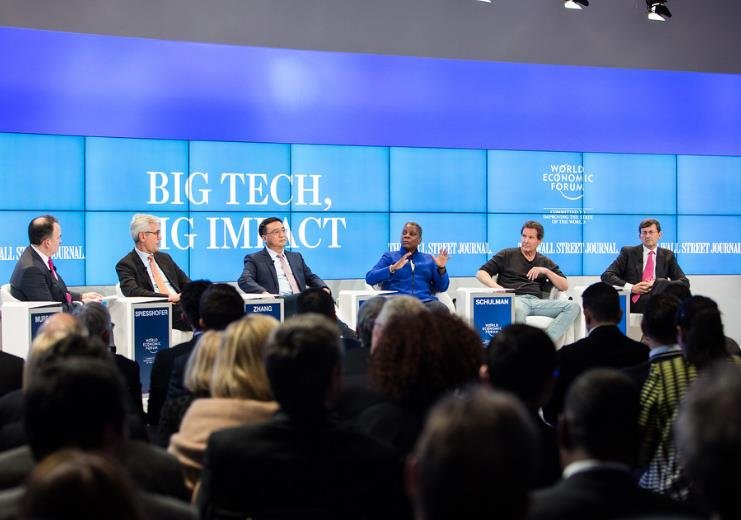In a heated session, top tech executives from major companies like Alphabet, Meta, and Microsoft faced intense scrutiny from lawmakers over their handling of election disinformation. The Senate committee focused on the increasing threat posed by foreign adversaries, including Iran, Russia, and China, who are allegedly using online platforms to interfere in the 2024 presidential election. The executives were questioned about their strategies to combat the spread of false information and ensure the integrity of the upcoming election.
During the session, senators expressed their frustration with the tech giants’ previous efforts to curb disinformation. They highlighted numerous instances where misleading content had gone viral, potentially influencing public opinion and voter behavior. The lawmakers demanded more transparency and accountability from these companies, urging them to implement stricter measures to prevent the spread of false information.

Executives from the tech companies defended their actions, citing various initiatives they have undertaken to address the issue. They mentioned improvements in content moderation, partnerships with fact-checking organizations, and the use of advanced algorithms to detect and remove disinformation. However, the senators remained skeptical, questioning the effectiveness of these measures and calling for more robust solutions.
The hearing also touched on the role of artificial intelligence in combating disinformation. Some senators expressed concerns about the potential misuse of AI technologies, while others emphasized the need for innovation to stay ahead of malicious actors. The executives acknowledged the challenges but reiterated their commitment to using AI responsibly to protect the integrity of the election process.
Foreign Interference Concerns
A significant portion of the hearing focused on the threat of foreign interference in the election. Lawmakers cited reports of coordinated efforts by foreign entities to spread disinformation and sow discord among the American electorate. They questioned the tech executives about their ability to identify and counter these threats effectively.
The executives outlined their strategies for detecting and mitigating foreign interference. They discussed collaborations with government agencies, investments in cybersecurity, and the development of tools to track and analyze suspicious activities. Despite these efforts, the senators pressed for more concrete actions and assurances that the platforms would not be exploited by foreign adversaries.
The discussion also highlighted the importance of international cooperation in addressing the issue. The executives emphasized the need for a global approach, involving collaboration with other countries and international organizations to combat disinformation. They called for stronger regulations and shared best practices to create a unified front against the threat of foreign interference.
Future Steps and Recommendations
As the hearing concluded, lawmakers and tech executives agreed on the need for continued dialogue and collaboration to tackle the issue of election disinformation. The senators proposed several recommendations, including increased funding for research on disinformation, enhanced public awareness campaigns, and stricter regulations for social media platforms.
The tech executives pledged to take these recommendations seriously and work towards implementing them. They acknowledged the complexity of the problem and the need for a multi-faceted approach involving technology, policy, and education. The hearing ended with a call for ongoing cooperation between the government, tech companies, and civil society to safeguard the integrity of the democratic process.
Moving forward, both lawmakers and tech executives emphasized the importance of vigilance and proactive measures. They stressed that the fight against disinformation is an ongoing battle that requires constant adaptation and innovation. The hearing served as a reminder of the critical role that technology plays in modern elections and the responsibility of tech companies to ensure a fair and transparent electoral process.








